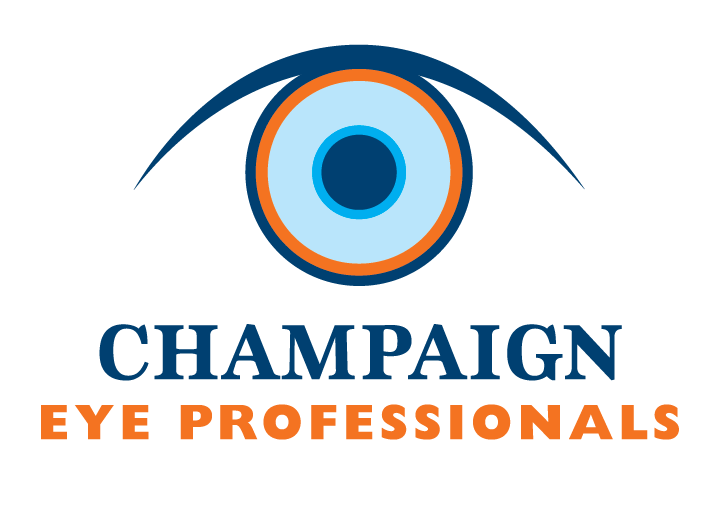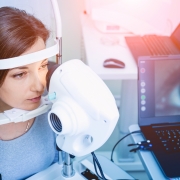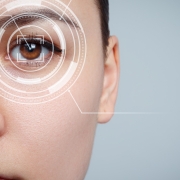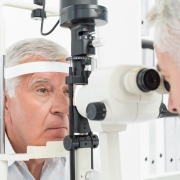Why Does The Eye Doctor Dilate My Eyes?
When you go to theeye doctor in Champaign, IL for eye examination, your eye doctor may choose to dilate your pupils. If you’re going to the eye doctor for an examination, it helps to know what dilation is, why it’s necessary and when you can expect dilation. Here’s what you should know about this common practice.
Reasons for Eye Dilation
When your eye doctor dilates your eyes, the pupils widen. This allows your eye doctor to see inside your eyes. This unencumbered view into your eyes allows your eye doctor to see irregularities and potential eye problems that could be developing inside your eyes. Your eye doctor will dilate your eyes to check for diseases that are not easily visible from the outside of your eyes.
Will the Eye Doctor Dilate My Eyes With Every Exam?
Unless there is a good reason to dilate your eyes, your eye doctor will likely not dilate your eyes with every eye exam. If you are at risk for certain eye conditions, like diabetic retinopathy, your eye doctor may dilate your eyes more frequently than if you were at low-risk for eye conditions. Your eye doctor may tell you when you make your appointment that your eyes will be dilated, but you can also find out if dilation is likely by asking your eye doctor.
What to Expect When Your Eyes Are Dilated
When your eyes are dilated, you’ll experience sensitivity to light. You may also have difficulty focusing on certain objects. Wearing sunglasses can help protect your eyes during this time. Your eye doctor will let you know if you need a ride from your eye appointment.
It’s important to check your eyes for diseases and other conditions. If you’re due for aneye examination in Champaign IL, contact your eye doctor at Champaign Eye Professionals.





